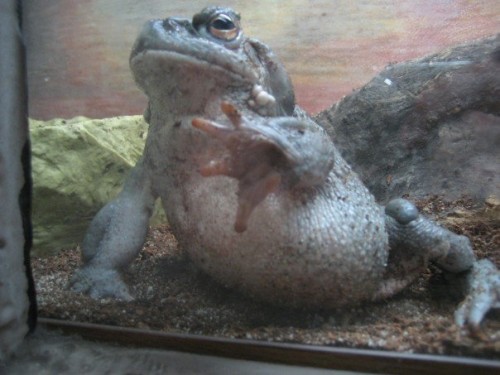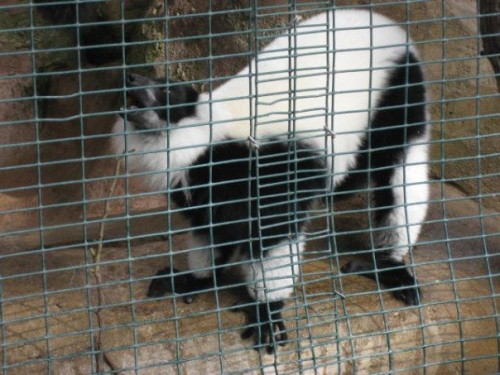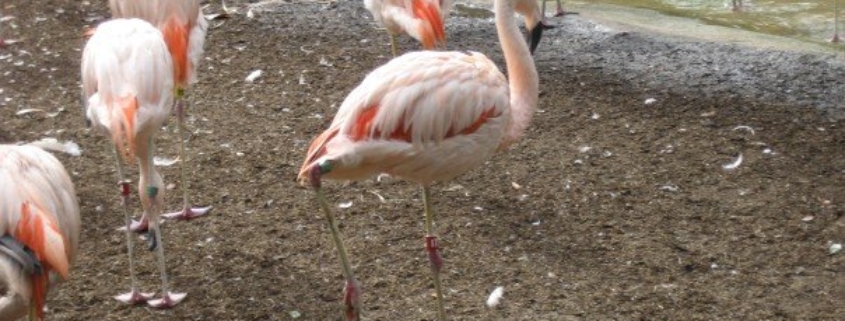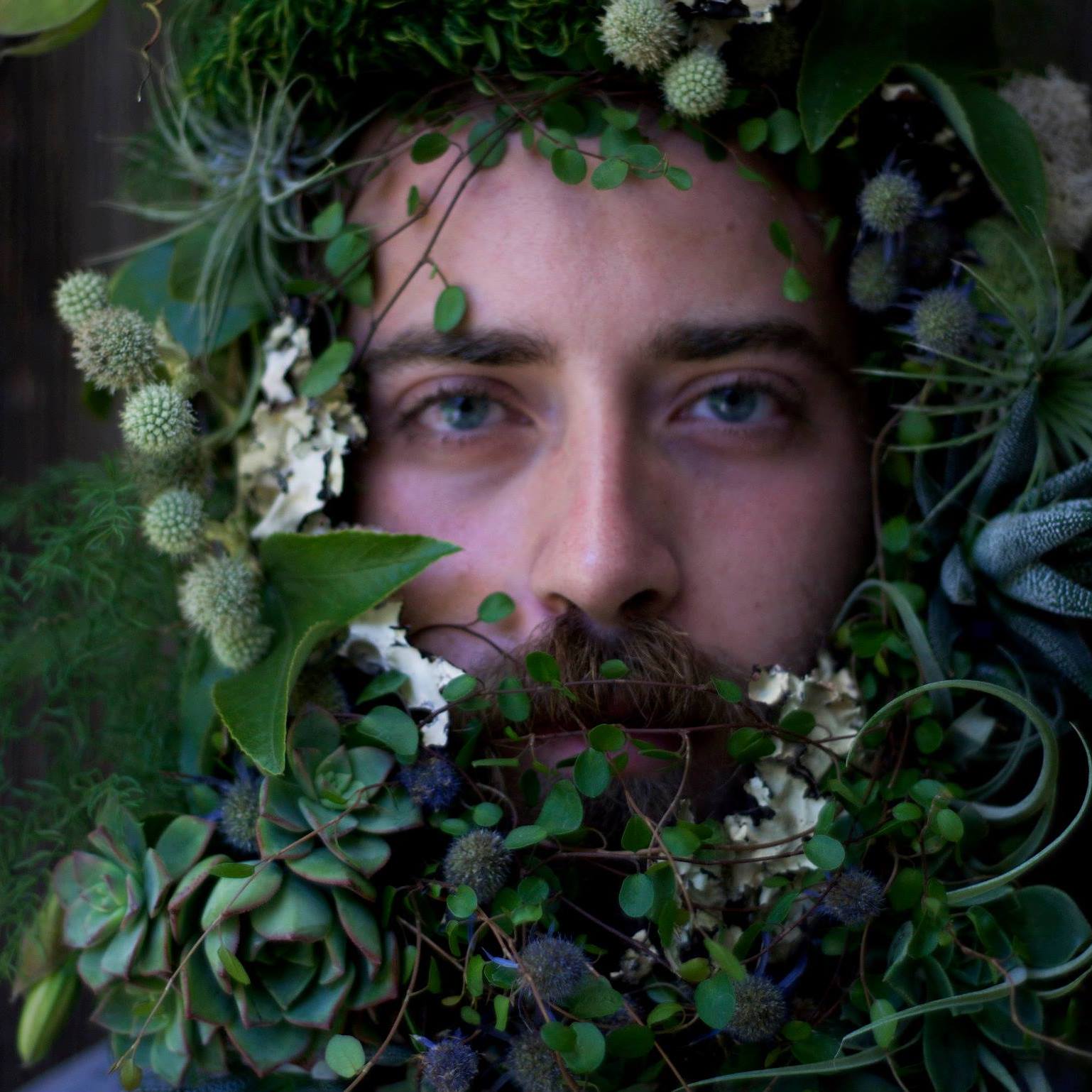The Mutability of Self
“We rest. — A dream has power to poison sleep;
We rise. — One wandering thought pollutes the day;
We feel, conceive or reason, laugh or weep;
Embrace fond woe, or cast our cares away:
It is the same! For, be it joy or sorrow,
The path of its departure still is free:
Man’s yesterday may ne’er be like his morrow;
Nought may endure but Mutability.”
Percy Bysshe Shelley
I sit down to write a story about something that has happened. The main character is me, so the story must be nonfictional, but he feels distant. He lives outside of me, outside of time, no longer connected to this body that sits before the computer. Even his body is different from my body: He is leaner, more nimble, and his neck is longer; his shoulders slump comfortably forward. I am none of these things. I am swollen with memory and regret. He is a construction, scraped together from pilfered memories and stories others have told me or I have told myself.
* * *
I look through old photos—Facebook insists that they constitute a “memory”—and come across a series of exotic animals. They’d been taken at a zoo that was located on a small parcel of land somewhere near the Pacific coast in Southern California. My girlfriend M. and I had been driving down Highway One in the quintessential Canadians-come-to-California trip—stopping at every vista point to look at the ocean and eating at cheap seafood restaurants—when I saw a sign that read, Zoo: next right, and pulled in. To see, perhaps, if zoos were different here somehow. If California’s magic extended to its zoos.
The animals were lively. M. and I held hands and laughed when monkeys skittered along the treetops, chasing one another. The sky was clear, and the air was balmy, with a cool breeze rolling in off the ocean. The gorillas beat their chests at a group of small children. Peacocks paraded on a concrete path, their long, rainbow tails dragging along the ground. We saw a cage full of chinchillas. I told M. that she looked like a little chinchilla. She punched my shoulder and called me an asshole. I laughed.
I look through old photos. None of the photos from that day speaks of a good time—they are of animals looking downtrodden. How did I get that so wrong? In one photo, capybaras graze dolefully on a patchy lawn, behind thick reflective glass. In another, a pat of flamingos ambles about a concrete, man-made pond. In yet another, a bald eagle spreads its wings behind a mesh wire fence spanning the entirety of its enclosure, its fierce eyes staring straight ahead. I had not bothered to exclude the animal’s cages from any of the photos. There is not even the suggestion of natural habitation. Indeed, one photo in particular stands out as if to embody this truth. In it, a frog in a sparsely adorned, shoebox-sized display stares directly at the camera, one of its hands pressed into the glass, as if to say, Please kill me.

Please kill me
* * *
I sit down to write about the time I went to the zoo with M. Perhaps I write about a budding relationship between two twenty-one-year-olds, of the first time either of us rented a car. Perhaps I describe the grandeur of the California Coast, the tourists who stop at every vista to take photos and listen to the waves crash against the steep, pockmarked cliffs, or the way the fog drifts in off the ocean. Or M. vomiting on the side of the road—yelling Pull over, pull over, pull over—when I made her carsick with my overzealous driving. I stop writing.
The animals. Why did I take those photos? They look so sad. Did I think they were happy? How could I have gotten it so wrong? And the corollary, a more painful question: What did I get wrong yesterday? What do I have wrong today? My emotional truth? My politics? My religion? My very understanding of humanity? Will I look back many years from now and see a mistaken man, turning away from the memory of my past self with disgust? I sit down to write about the past, and I am paralyzed with judgment. My fingers stiffen with rigor on the keyboard or grip the pen I hold in my hand. My mind revolts at the thought of casting back, so I fall back on the Socratic paradox. I know that I know nothing. I know that I know nothing. Nobody knows anything.

Sad lemur
* * *
I know that I know nothing. I will never stop changing. The speck of me on the continuum of life takes up almost no space. My knowledge is even smaller than that, for cosmic knowledge is boundless. The equation is something like this:
( my knowledge / ∞ ) ≈ 0
There is no comfort in experience—only a growing numerator dwarfed by an infinite denominator. No matter how much we learn, it is still nothing by comparison. No matter how much we change, we never approach stasis. So we must make peace with our mutability and hoard knowledge for its own sake because there is nothing else. Everything we hoard will slip through our fingers.
We are never the same person—only different. I write this sentence now, and I am already different. I watch who I was drift away into a vague story as yet untold. I look over my shoulder, see his cheerless gaze and his lips mouthing the words, Please be kind. There is forgiveness in mutability, an acceptance that two instances of our selves will never share the same space because they cannot. The instant we split, he is already wrong. Or I am already wrong. Or we are both right until somebody asks about moral absolutes. Schrödinger’s cat lives. The present bleeds ever so softly into both past and future.
All the men I’ve been crowd me, jostling for space on the page—the memories themselves morph depending on which man holds the most sway, today. They each bring their own version of the story. Some are louder than others. They rise and fall with the passing years.
A bald eagle spreads its wings. It is a majestic creature.
A lemur climbs a hemp rope, twisting its head playfully to stare at the crowd of onlookers.
I call M. a chinchilla.
A bald eagle spreads its wings to test the bounds of its cage.
A lemur climbs a hemp rope, believing that, this time, it might escape.
I call M. a chinchilla, tickled by my own joke.
A bald eagle musters what pride it has left, and leers at the gaggle of tourists outside its cage.
I call M. a chinchilla. She does not laugh. Shortly after, we break up. She says I am mean to her. I should not have made her vomit.
* * *
I look through old photos and forgive the photographer. He is no better, no worse, than the writer who sits and contemplates the photographer. He didn’t know then how horrid the existence of a caged animal is, just as I still do not know a great many things now. Perhaps I do not know the horror of the downtrodden among humans or the joy of an uprising. Perhaps I do not know the existence of an emotion for which words do not yet exist. I do not know what I do not know. Scio me nihil scire.
I sit down to write a story about something that has happened. The main character is one of many mes. He makes jokes at the expense of those he loves. He acts selfishly. He drives too fast and walks too fast and loves too casually. I forgive him. He eats Bubba Gump Shrimp and buys t-shirts with campy logos on them or polo shirts with alligators on them. He takes photos because he thinks he is supposed to. He forgets to feel empathy for creatures in pain. I forgive him. He listens to Limp Bizkit albums, the volume cranked up. He sings so loudly his voice drowns out his girlfriend’s entreaties. I dig deep and forgive him.
Alex Simand is a MFA candidate at Antioch University Los Angeles. He writes fiction, creative nonfiction, and poetry. His work has appeared in such journals as Red Fez, Mudseason Review, Five2One Magazine, Drunk Monkeys, and others. Alex is the current Blog Editor for Lunch Ticket and past Editor of Creative Nonfiction and Diana Woods Memorial Prize. Find him online at www.alexsimand.com or on Twitter: @AlexSimand.






